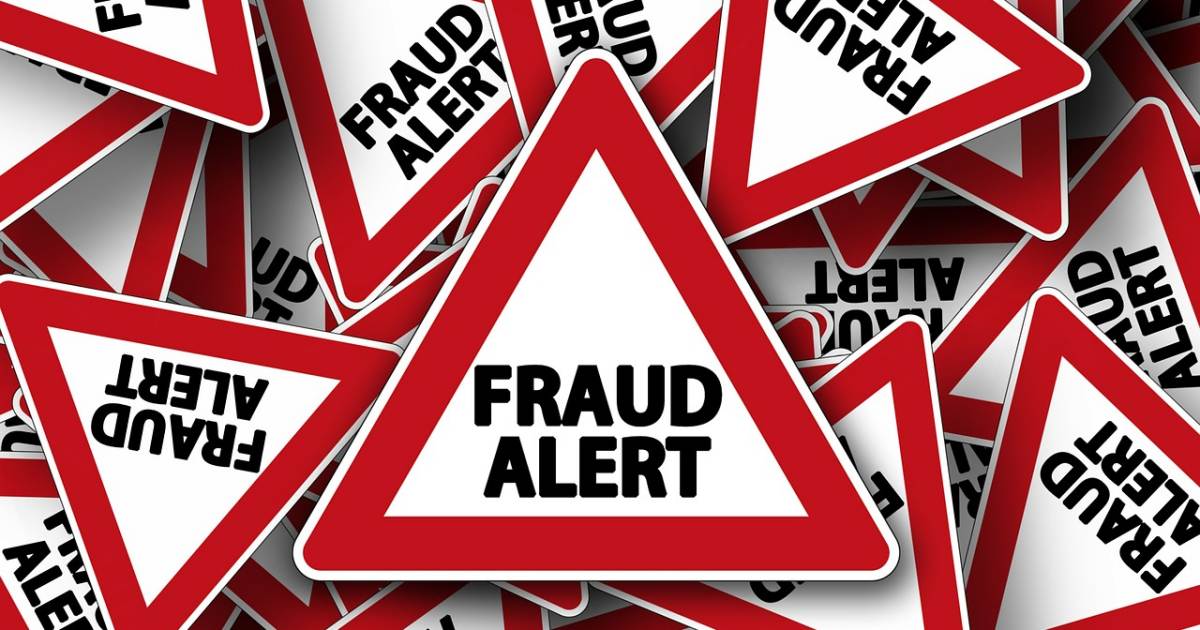
Image: geralt
Australia’s Clean Energy Regulator has again warned registered REC agents to ensure solar power systems that STCs are created for actually exist.
Australia’s major solar subsidy is based on Small-scale Technology Certificates (STCs) that have a value usually traded at the point of sale for a discount on a solar power system; greatly reducing the up-front cost of installing solar panels.
While the purchaser benefits from a reduced price up-front, the certificates can only be generated after system installation has occurred and must be created by a registered agent that has been assigned the rights to them. After the certificates are created, the agent can sell the STCs on the renewable energy certificate (REC) market.
Back in April, the Regulator again warned of a scam that involves the creation of STCs for solar power systems that don’t exist and earlier this week provided some details of a specific investigation.
“The Clean Energy Regulator is currently investigating the conduct of Mr Adam Shaw in relation to the improper creation of STCs and the provision of false or misleading information related to STC claims,” it stated.
The Regulator says this individual is suspected of operating under a number of aliases and in connection with several solar businesses that have been used to arrange or facilitate the improper creation of STCs. It notes the businesses as:
- Sun Ray Energy (ABN 46 621 555 913 and ACN 621 555 913), a business of Charlie & Associates Pty Ltd
- G’Day Solar Pty Ltd (ABN 91 622 555 266 and ACN 622 555 266)
- Sun Smart Energy Australia Pty Ltd (ABN 71 129 597 735 and ACN 129597735)
Agent Registration Suspensions
The Regulator says it has identified several agents who have created STCs associated with systems that haven’t been installed, based on information provided by Mr. Shaw. Two have had their registration suspended and more may follow.
In addition to a REC agent having registration suspended if found to be improperly creating STCs, there’s also the potential for the agent and its executive officers to be subject to civil proceedings and/or criminal prosecution depending on the circumstances.
The Regulator also reiterated its advice on flags that could indicate something dodgy is going on – including owners of installations being uncontactable by phone, the location of a solar installation business providing information being difficult to verify and/or its owners unwilling to engage in face-to-face contact.
While it’s never pleasant to hear about nefarious activity connected to Australia’s booming solar industry, it’s good to know the Clean Energy Regulator is on the ball and helping to ensure the integrity of the Small-scale Renewable Energy Scheme (SRES) is maintained. Publicising such incidents also provides pause for thought to parties considering engaging in such conduct.

 RSS - Posts
RSS - Posts



Speak Your Mind